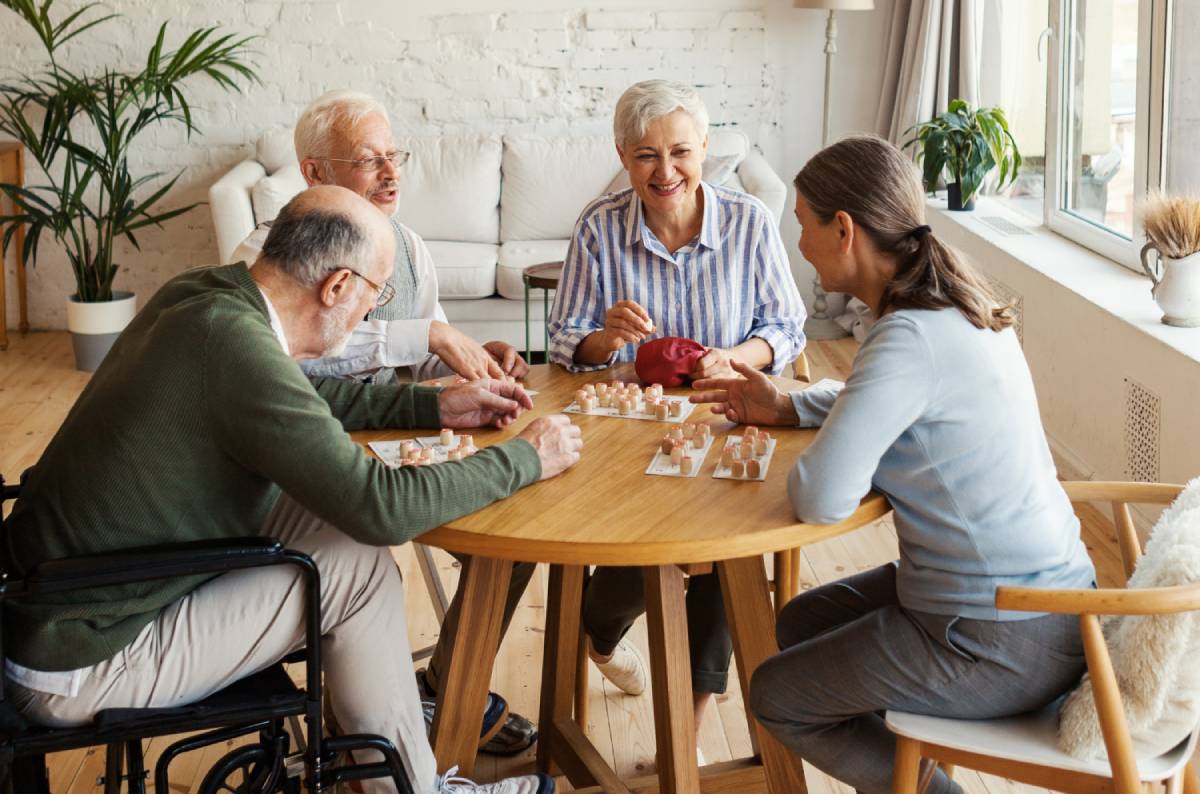




Bingo gambling addiction involves the uncontrollable urge to play bingo games, whether in traditional bingo halls or online. The social aspect of bingo, combined with the thrill of winning prizes, can make it particularly addictive for certain people. While bingo gambling is often considered a harmless pastime because of its relatively low stakes, it can lead to compulsive behavior and addiction in some people.
Whom Does Bingo Gambling Addiction Affect?
Bingo gambling addiction can affect people of all ages, demographics, and backgrounds, but it may be more prevalent among older adults who frequent bingo halls for social interaction and entertainment. Because it’s a low-stakes game compared to other forms of gambling, it appeals to a wider range of players, including people who are normally averse to risk or budget-conscious.
How Is Bingo Gambling Addiction Different From Other Types of Gambling Addiction?
Bingo gambling addiction is more about the social interaction and community engagement, which is why older adults more than younger people are more susceptible to becoming addicted. Unlike casino gambling or sports betting, bingo often involves playing in groups and can be seen as a form of socializing rather than strictly a gambling activity. It’s also low stakes, so there’s a lower barrier to entry, which is appealing to more people who wouldn’t gamble on sports or at a casino. Bingo is also won by random chance rather than skill, so again, it’s accessible to more people.
Addicted to Bingo Gambling?
Bingo gambling addiction can be difficult to detect because of the social component. If you or someone you care about is struggling with bingo gambling addiction, it’s not about just stopping gambling, it’s also about getting cut off from social circles. Here’s what to do if you find yourself in trouble with bingo gambling:
Admit That You Have a Problem: Take an honest assessment of yourself and the impact that bingo gambling is having on your life and relationships.
Get the Support You Need: Your friends and family members are always a great place to begin. Ask them whether they think you have an issue. Seek out support groups that can offer understanding and encouragement. Whatever you do, don’t go it alone.
Investigate Counseling Options: Treatment options tailored to address gambling addiction, such as therapy, counseling, and support groups, are available in most communities. These resources can provide personalized strategies and coping mechanisms to help you overcome bingo gambling addiction.
Find Coping Strategies: Since bingo gambling has a social component, you’ll need to identify healthy alternatives to coping with your stress, anxiety, or boredom. Find social activities that bring you joy and fulfillment. Take up a hobby, join a gym, join a book club or church group, or spend more time with family and friends.
Take It Day by Day: Recovery won’t happen overnight, and you may relapse during your journey. Just be patient and compassionate with yourself as you navigate the highs and lows of your addiction. Small victories call for celebrations because they are the baby steps toward recovery.
Addiction to bingo gambling is unique, but with the right counseling and coaching, you can learn how to control it. At Gambling Clinic of Texas, we treat people who are struggling every day with gambling addiction, including addiction to bingo gambling.
Our free Self-Assessment will help you understand yourself and your addiction better. After you complete it, contact us to schedule an appointment.